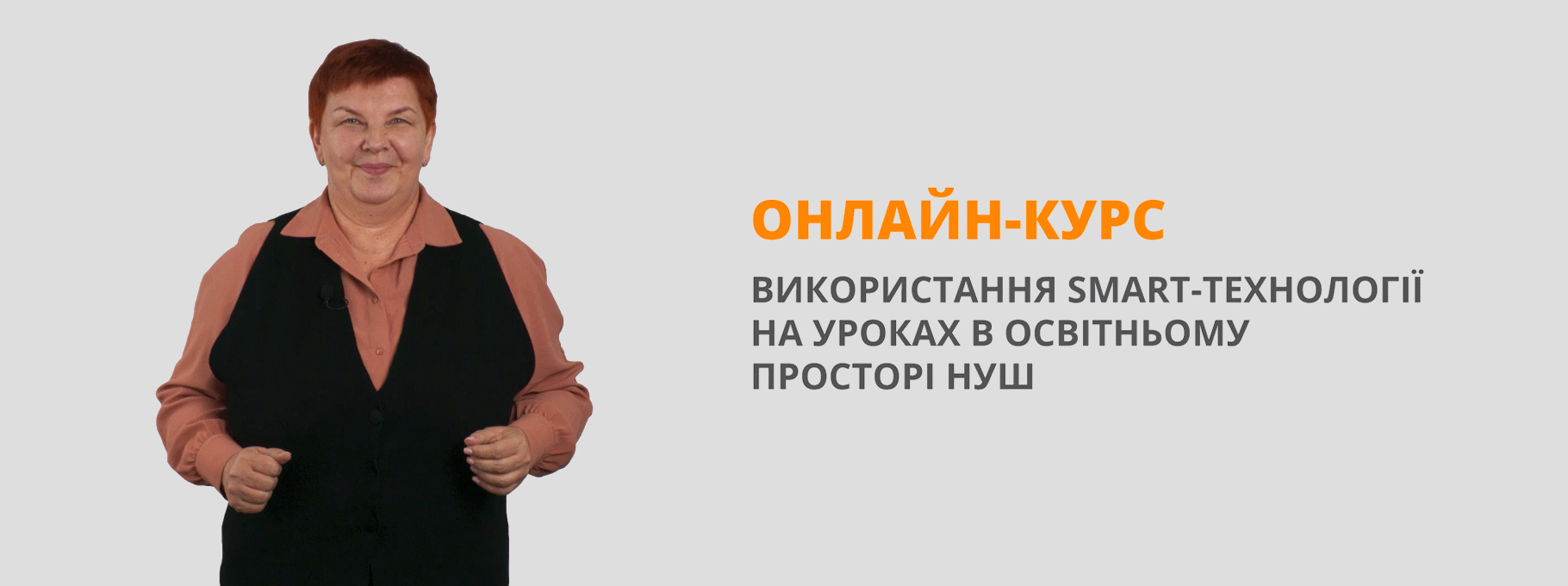Матеріал до уроку на тему «GIUSEPPE VERDI»
GIUSEPPE VERDI
Giuseppe Verdi was an Italian operatic composer. He was born on October 10, 1813, in Roncole. Verdi first studied music in the town of Busseto. In 1832, Verdi was rejected to study with the Milan Conservatory, because of his age. He became the pupil of composer Vincenzo Lavigna.
Then Giuseppe returned to Busseto in 1833. At the age of 25 Verdi again went to Milan. His first opera, Oberto, was produced at La Scala with some success in 1839. His next work, the comic opera King for a Day, 1840, was a failure. After, Verdi had suffered the deaths of his wife and two children; he decided to give up composing. More than a year later, Giuseppe returned and he wrote the successful opera Nabucco (1842). After Nabucco he wrote Lombardi (1843) and then Ernani (1844), both had great success: Verdi's three following works, Rigoletto (1851), II Trovatore (1853), and La Traviata (1853), brought him international fame and remain among the most popular operas.
Operas, written in the middle of Verdi's career, include A Masked Ball, 1859, The Force of Destiny, 1862), Don Carlos (1867) and Aida (1871). Verdi's other non operatic compositions include Hymn of the Nations, 1862 and the String Quartet in E minor (1873). In his 70s, Verdi produced his greatest piece Otello (1887). It was followed by Verdi's last opera, Falstaff (1893). Verdi died on January 27, 1901, in Milan. Verdi's works are most noted for their intensity of spirituality and height of musical emotion.
QUESTIONS
1. What was Giuseppe Verdi?
2. When was he born?
3. Why was Verdi rejected to study with the Milan Conservatory?
4. Who was the teacher of young Giuseppe Verdi?
5. When did Giuseppe Verdi return to Busseto?
6. Why did Verdi give up composing for some time?
7. What are the most famous Verdi's pieces?
8. When did Giuseppe Verdi die?
VOCABULARY
operatic composer — оперний композитор
to reject — відмовити в освіті
to return — повернутися
comic opera — комічна опера
failure — невдача, провал
to suffer — страждати
to remain — залишатися
to include — включати
piece — музичний твір
spirituality — духовність
ДЖУЗЕППЕ ВЕРДІ
Джузеппе Верді був італійським оперним композитором. Він народився 10 жовтня 1813 р. в Ронколі. Верді спочатку вивчав музику в місті Буссето. У 1832 р. Верді було відмовлено в навчанні в Міланській консерваторії через його вік. Він став учнем композитора Вінченцо Лавігна.
Пізніше, у 1833 p., Джузеппе повернувся в місто Буссето. У віці 25 років Верді знову поїхав до Мілану. Його перша опера «Оберто» була написана в Ла-Скала і мала деякий успіх у 1839 р. Його наступна робота, комічна опера «Король на один день» (1840 p.),зазнала невдачі. Після цього Верді пережив смерть своєї дружини та двох дітей і вирішив покинути роботу композитора. Через рік з невеликим Джузеппе повернувся і написав оперу«Набукко» (1842 p.), яка мала успіх. Після «Набукко» він записав «Ломбарді» (1843), а потім «Ернані» (1844 p.), обидві роботи мали величезний успіх. Три наступні роботи Верді, «Риголетто» (1851 p.), «Троваторе» (1853 р.) і «Травіата» (1853p.), принесли йому міжнародну популярність і залишаються дотепер одними із найбільш популярних опер.
Опери, написані в середині кар'єри Верді, такі як «Бал-маскарад» (1859 p.), «Сила долі» (1862 p.), «Дон Карлос» (1867 р.) і «Аїда» (1871 p.). Інші, неоперні твори Верді, — це «Гімн народів» (1862 p.), «Струнний квартет у мі-мінорі» (1873 p.). У свої сімдесят Верді поставив найвеличнішу оперу «Отелло» (1887 p.). За нею йшла остання опера Верді «Фальстаф» (1893 p.). Верді помер 27 січня 1901 р. в Мілані. Роботи Верді відрізняються своєю невичерпною духовністю і силою музичної емоції.


про публікацію авторської розробки
Додати розробку
